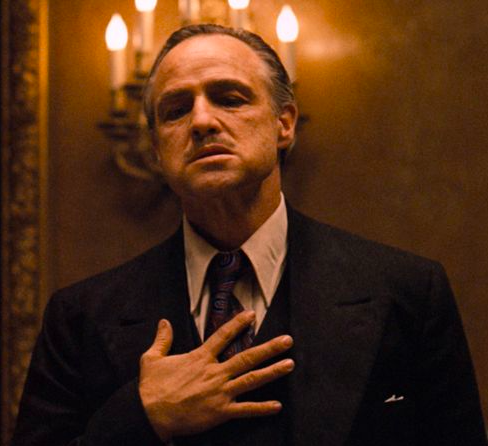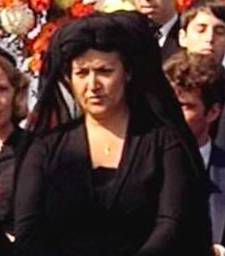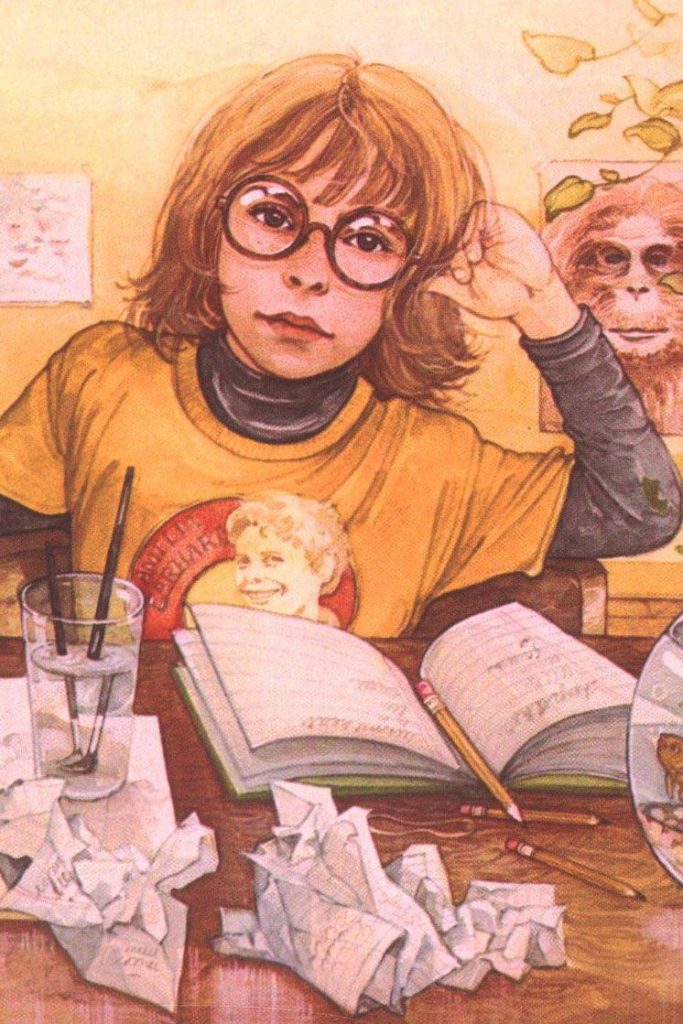 Walking out of my building yesterday, I ran into the older woman who lives downstairs. Without warning she grabbed my hand. Even fully vaccinated, I’m still shocked when someone touches me these days and her grasp carried an extra frisson. So did her words: My husband died last night.
Walking out of my building yesterday, I ran into the older woman who lives downstairs. Without warning she grabbed my hand. Even fully vaccinated, I’m still shocked when someone touches me these days and her grasp carried an extra frisson. So did her words: My husband died last night.
She said it in English, though she usually speaks in Sicilian. For two decades I lived above those two, and their constant battles–screams, tears, explosions—always took place in their mother tongue.
In the early years he would assault me in the corridor–boobs, ass, whatever he could grab as I scooted by their door. Growing up how I did, I was accustomed to dirty old men, but he was over the top. The landlord didn’t do much about it, just “talked to him man to man.”
These old Italians, he said, waving his hand like an old Italian. Whatever he said worked for a while, then my neighbor began to knock on my door whenever his wife was at work. In all the years I knew him, he never worked and she always did. Vaffanculo, I’d hiss until he’d creep back downstairs again, footsteps soft but sure.
For a while there also was a brothel on the second floor. Not tech-savvy sex workers with master degrees in gender studies, but dead-eyed girls who sucked off johns in the vestibule and pulled knives when you complained. You could ask why I didn’t move. I’d answer the apartment was rent-stabilized, and if you don’t get that, you don’t get living in NYC when you weren’t wealthy.
Eventually the crack whores were replaced by hipsters with jobs I didn’t entirely understand, and the vials and small baggies littering the hallway were replaced by a small gym and laundry room. People complain about gentrification, but it has its advantages. So does aging out of being prey. My downstairs neighbor began to bother the blond millennial on the first floor instead, and that generation doesn’t mess.
When the girl called the cops, they put him in lockup where he had a mild stroke. After that he was a tamed man, though the fights never let up. I’d hear them through the floorboards—her anguished squawks rising and falling; his deep vibrato. I didn’t mind their soap operettas, which validated my decision not to marry, but I did mind the baleful glances he shot at me. Head down, he’d flatten his body dramatically against walls whenever he saw me or any other female in the building. Predators play victim better than anybody.
I wasn’t surprised to learn of his death. A few weeks before I’d been awakened at 4 am by red lights pouring into my front room, and through the window I saw his body–frail, shrunken, intubated–being shoved unceremoniously into an ambulance. I may never see him again, I’d thought. Maybe it’s just the sustained devastation of the last year, but I’d felt a profound lack of sentiment. Something was shifting that lived below emotions–the Earth itself, hurtling forward on its axis.
Their apartment was quiet after that, but I didn’t check on them. The only time I’d gone down there was when he’d begun swiping my deliveries a few years before. He old, she’d said as she handed over the unopened packages.
Then shut the door in my face.
It’s so strange when someone you’ve known a long time but didn’t like passes over. He must have had good qualities, but I saw him every day and never cared for him nor his wife, defined by her marital boulder. That man, she said once after yelling at me for calling the LL. Like he was both of our burden.
Devout even by the standards of our neighborhood elders, she was known as a “black stocking”–someone who attended Catholic mass every day.  “It don’t make her happier,” said Mikey, my seventysomething pal from the coffee shop. “It don’t make him faithful,” said Paulie, my other seventysomething pal from the coffee shop. I sighed. “It makes her faithful.”
“It don’t make her happier,” said Mikey, my seventysomething pal from the coffee shop. “It don’t make him faithful,” said Paulie, my other seventysomething pal from the coffee shop. I sighed. “It makes her faithful.”
She did feed him beautifully. I always envied the aromas drifting from their apartment at mealtimes: garlic, tomato, basil. She grew it on the fire escape.
Now he’s gone and when I looked into her eyes she seemed to be registering this loss as if tonguing the gap left by a pulled infected tooth. Anxious and angry no matter what. I felt compassion for her if not affection. I feel this way so often. O humans.
 Last night was summer solstice and I stood in the darkness by the river, weeping without entirely knowing why. It had been a beautiful day but lonely. After sessions I had mourned my solitude even as I’d appreciated its authenticity.
Last night was summer solstice and I stood in the darkness by the river, weeping without entirely knowing why. It had been a beautiful day but lonely. After sessions I had mourned my solitude even as I’d appreciated its authenticity.



